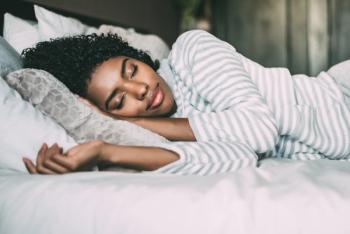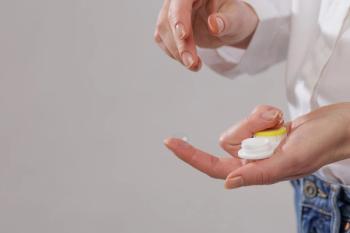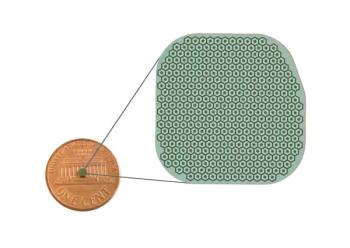
myze launches The Daily Lid Wipe, created with input from eye care professionals
The lid wipe contains tea tree oil, hyaluronic acid, and other antibacterial and antimicrobial ingredients like euphrasia, chamomile, and rhamnose
Digital health platform myze has announced the launch of its first branded product, The Daily Lid Wipe, a modern lid wipe that contains tea tree oil, hyaluronic acid, and other antibacterial and antimicrobial ingredients like euphrasia, chamomile, and rhamnose. According to the news release, the wipe was formulated with the input of Laura M. Periman, MD and Cecelia Koetting, OD, FAAO, Dipl ABO.1
“Both my patients and I are really enjoying The Daily Lid Wipe from Myze,” Koetting said. “The formula is gentle, and the cloth's texture is enough to remove dirt and debris but soft without irritating the skin.”
The wipe is also “uniquely soft and gentle, yet highly effective in removing debris, leaving the eye area feeling cleansed and refreshed,1” the release stated.
“We have a very simple, yet audacious mission at myze: to make eye care part of everyone’s daily self care routine,” said Scott Tannenbaum, CEO and founder of myze. “After speaking to our customers for the last several years, it became quite apparent that there is a huge unmet need to educate on the importance of lid hygiene and provide customers access to a product that is unique and modern. The Daily Lid Wipe meets this need.”
Benjamin Chudner, chief medical officer of AEG Vision, reinstated this unmet need regarding patient education, including eyelid and lash hygiene and its impact on ocular surface disease. “We are partnering with myze and their new product launch, The Daily Lid Wipe, to ensure that our patients are getting the best possible products for their daily lid hygiene needs,” he said in the release.
Reference:
Myze launches The Daily Wipe to make daily eye lid hygiene an integral part of daily self care for millions of patients. News release. myze. October 30, 2024. Accessed November 21, 2024.
Newsletter
Want more insights like this? Subscribe to Optometry Times and get clinical pearls and practice tips delivered straight to your inbox.





























